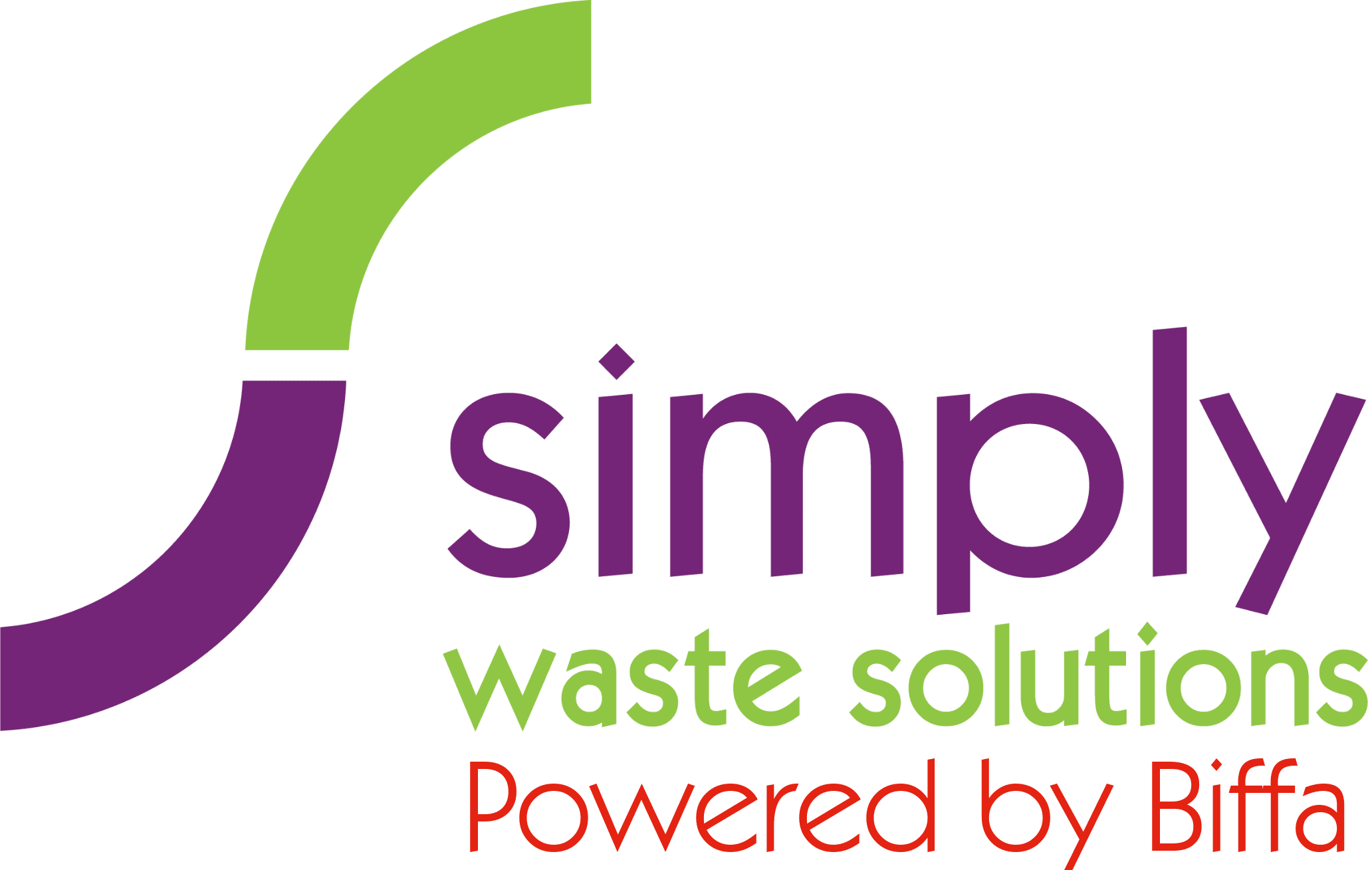The hospitality industry has had to adapt quickly over the past few months. Many small, independent restaurants and pubs didn’t offer a takeaway service which meant no trade and significantly, no income. This has led to a large amount of businesses now starting takeaway services in order to survive.
Now that the hospitality industry has been allowed to reopen their doors, they have taken on enhanced safety measures including PPE, disposable menus and single-use cups. These all need throwing away and not all of which can be recycled in a mixed recycling bin.
With establishments having to limit their capacity to adhere to social distancing guidelines, there will be less food waste from preparation and scraps as well as less glass bottles from the bar for recycling. This comprises the majority of hospitality waste and reducing this will, of course, reduce the frequency of waste collections.
For holiday parks and seaside resorts, the pandemic may provide them with more opportunities. With uncertainty circling around holidays abroad and having to self-isolate on return, more people will likely holiday in the UK this summer. This could be an ongoing trend and extend into the future when they see how many beautiful places there are to visit. In terms of the waste industry, this would create an increase in waste in hotels, holiday parks and seaside resorts. People in public places are much more unlikely to recycle correctly so a rise in UK holidaymakers could mean a rise in general waste but a fall in recycling.
The governments Eat Out to Help Out scheme has increased visitors to eateries across the UK, giving the hospitality industry a much-needed boost while reassuring visitors that they can eat out safely.
If you need 5 Star commercial or domestic waste collections, get in touch with the experts by;
Calling 03330 433 033
Articles in this series:
Introduction Article
Office based Industries
Retail Industry
Events Industry

 Sales 03308 285 687
Sales 03308 285 687 